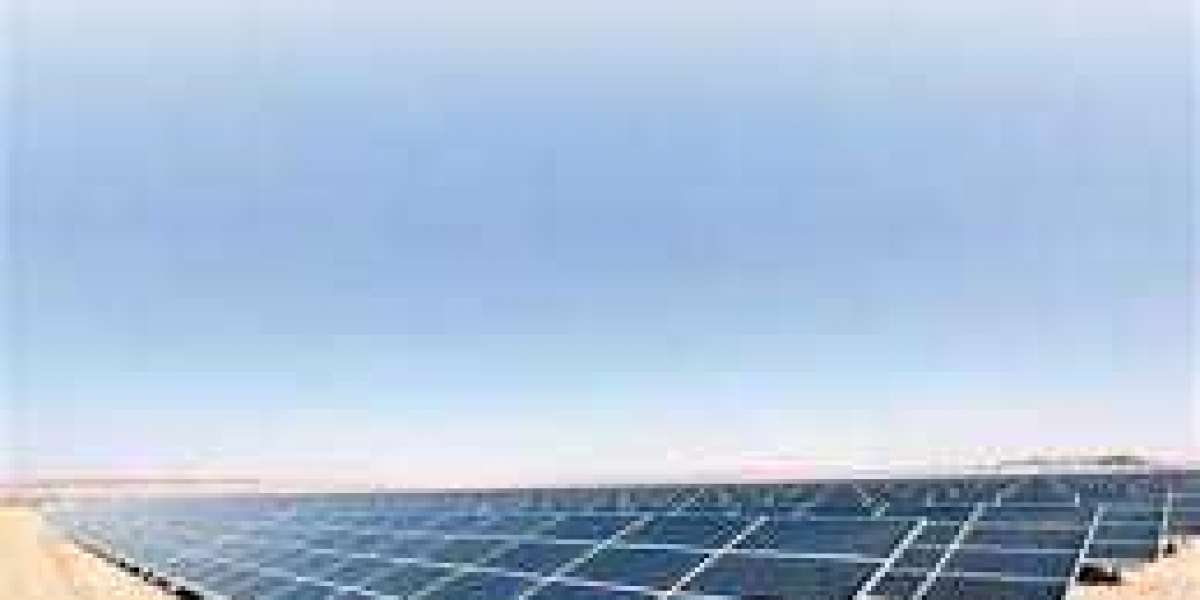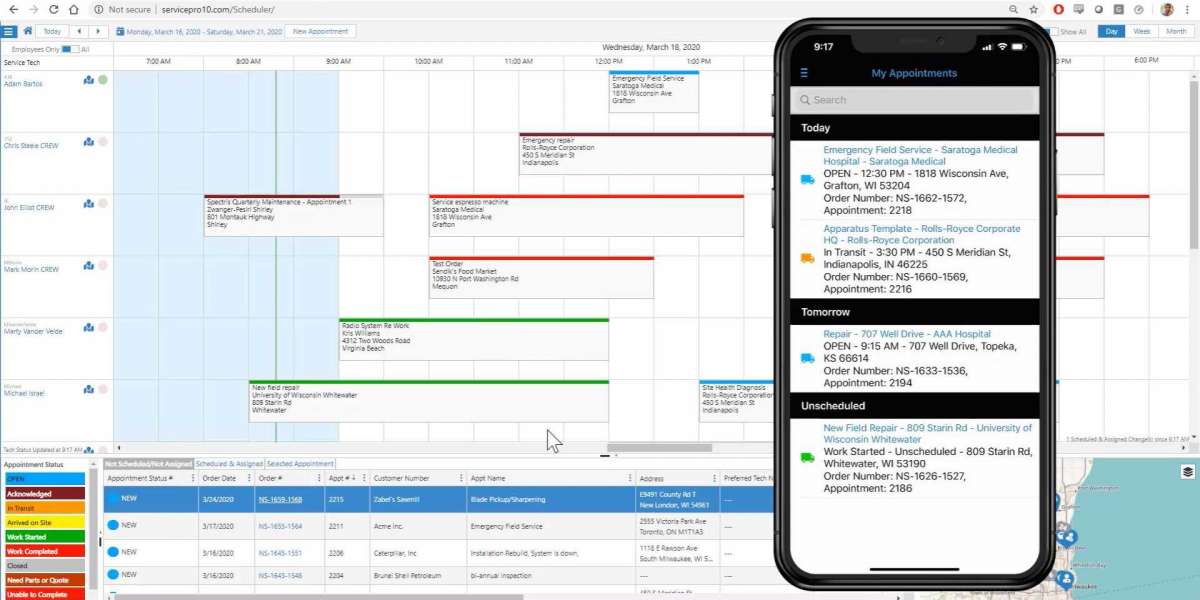Whether floating or suspended, solar panels provide electricity while reducing water evaporation from the reservoir.
Floating folding solar panels may have found their place. The drought has affected the power supply of several hydroelectric DAMS in Africa, while the scorching sun has also reduced the amount of water stored in reservoirs. So, some researchers asked why not use solar energy? Floating solar panels can increase the power supply of existing hydropower turbines, while providing shelter on the water surface and reducing water evaporation.
The project in Africa is a high-profile example of growing interest in installing floating solar panels on reservoirs and other bodies of water (beaches, flooded open-pit coal mines, etc.).
In January, researchers at the European Commission's Joint Research Centre in Ispra, Italy, published a study looking at the huge potential for hybrid hydroelectric and solar power plants in Africa, the sunniest continent. Lead researcher Rocio Gonzalez Sanchez reckons it would take just 1% of the continent's reservoir area for solar panels to double the generating capacity of those reservoirs to 58 gigawatts, boosting the continent's total generating capacity by a quarter.
Some of the continent's biggest reservoirs could benefit, These include the High Aswan Dam on the Nile in Egypt, where the Saharan sun causes the reservoir to lose about a quarter of its water each year to evaporation, and the Kariba and Cahora DAMS on the Zambezi River in southern Africa Bassa, and the Akosombo Dam in Ghana. Sanchez argues that this option is cheaper than building more DAMS and does not have the environmental and social downside of flooding land with reservoirs.
There have been no environmental impact studies or other detailed analyses of the potential impacts of floating solar panels on wildlife or the wider environment. Sanchez says a decrease in underwater light or changes in water temperature could potentially harm fisheries. These changes also reduce algae growth, which could be beneficial for freshwater ecosystems plagued by algal bloom problems. In Africa, some floating panels can be attacked by crocodiles or hippos. Similarly, such infrastructure could impede access to water for these and other animals.
A World Bank report three years ago said floating solar panels "open up new areas of global solar power generation, especially in land-constrained countries," as land limits grow. Haugwitz said the bank is now considering financing hybrid hydroelectric and solar power plants in Pakistan, Turkey, Ukraine, Mali and Cote d 'Ivoire.
Land constraints on solar deployment are also spurring other solutions. According to Brandi McKuin of the University of California, Santa Barbara, California could turn its 6,000-kilometre-strong network of irrigation canals - the world's largest water delivery system - into "solar canals" that would replace the diesel generators that power irrigation pumps.
The fast-moving water in the irrigation canal prevents the solar panels from floating on the water, so they need to be mounted on metal brackets or suspension cables above the canal, but their role of shading the sun can still be largely retained. A study by McCoon, published in March in the journal Nature Sustainability, showed that hanging solar panels, like floating panels, can also reduce evaporation in irrigation canals and potentially reduce weed growth.
What is clear is that whether floating or hanging, solar panels seem to be going to work in a way that has never been done before.



